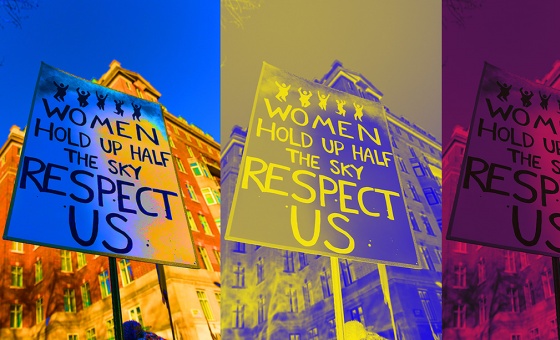This is the last article you can read this month
You can read more article this month
You can read more articles this month
Sorry your limit is up for this month
Reset on:
Please help support the Morning Star by subscribing here
ISRAELI jets continued their assault on Gaza this morning, with the latest round of air strikes injuring at least six Palestinian civilians.
The Israeli navy also fired a barrage of gunfire at fishermen before grounding their boats as the occupying forces imposed further punitive restrictions.
In a statement yesterday, the Israeli Defence Force said it had decided “to entirely shut down the fishing zone of the Gaza Strip, immediately and until further notice, starting this morning.”
Tel Aviv insisted that it was responding to incendiary balloons emanating from the Palestinian territory.
It attacked the northern region of the Gaza Strip, claiming to target Hamas positions including “a military compound and underground infrastructure.”
But these claims were dismissed after Israel’s warplanes targeted agricultural land and civilian infrastructure in daily bombing raids.
Last week a school was damaged by Israeli air strikes while an unexploded missile was found in its grounds, forcing it to be evacuated.
Speaking after last week’s attacks, Hamas spokesman Fawzi Barhoum said: “These aggressive policies aim to exacerbate the crises our people in Gaza are enduring to paralyse their daily life and to disrupt the efforts of combating coronavirus amid international and regional silence.”
Some two million Palestinians live in Gaza, which has been subjected to a 12-year-long blockade restricting access to food and medical supplies.
According to officials the Gaza Strip’s power plant will come to a halt on Tuesday after Israel blocked fuel supplies.
Israel has intensified attacks on the Palestinian territory despite the signing of a controversial peace accord with the United Arab Emirates (UAE) last week.
The accord, which will see both nations establish diplomatic, trade and security relations, has been widely condemned as an act of betrayal by other Arab nations.
The UAE claimed that the deal would end Israel’s plans to annex whole swathes of land in the occupied West Bank.
But this was scotched by Israeli Prime Minister Benjamin Netanyahu, who said the plans were firmly on the table, and merely paused.
The Popular Front for the Liberation of Palestine (PFLP) insisted that the deal underlined “the need to escalate all forms of resistance” against plans that targeted the land, identity and existence of Palestinians.
It stressed that it was necessary to confront “all forms of normalisation and conspiracies practised by some official Arab reactionary regimes, at the forefront of which is the UAE regime,” and called on all Arab nations to stand together in solidarity.










